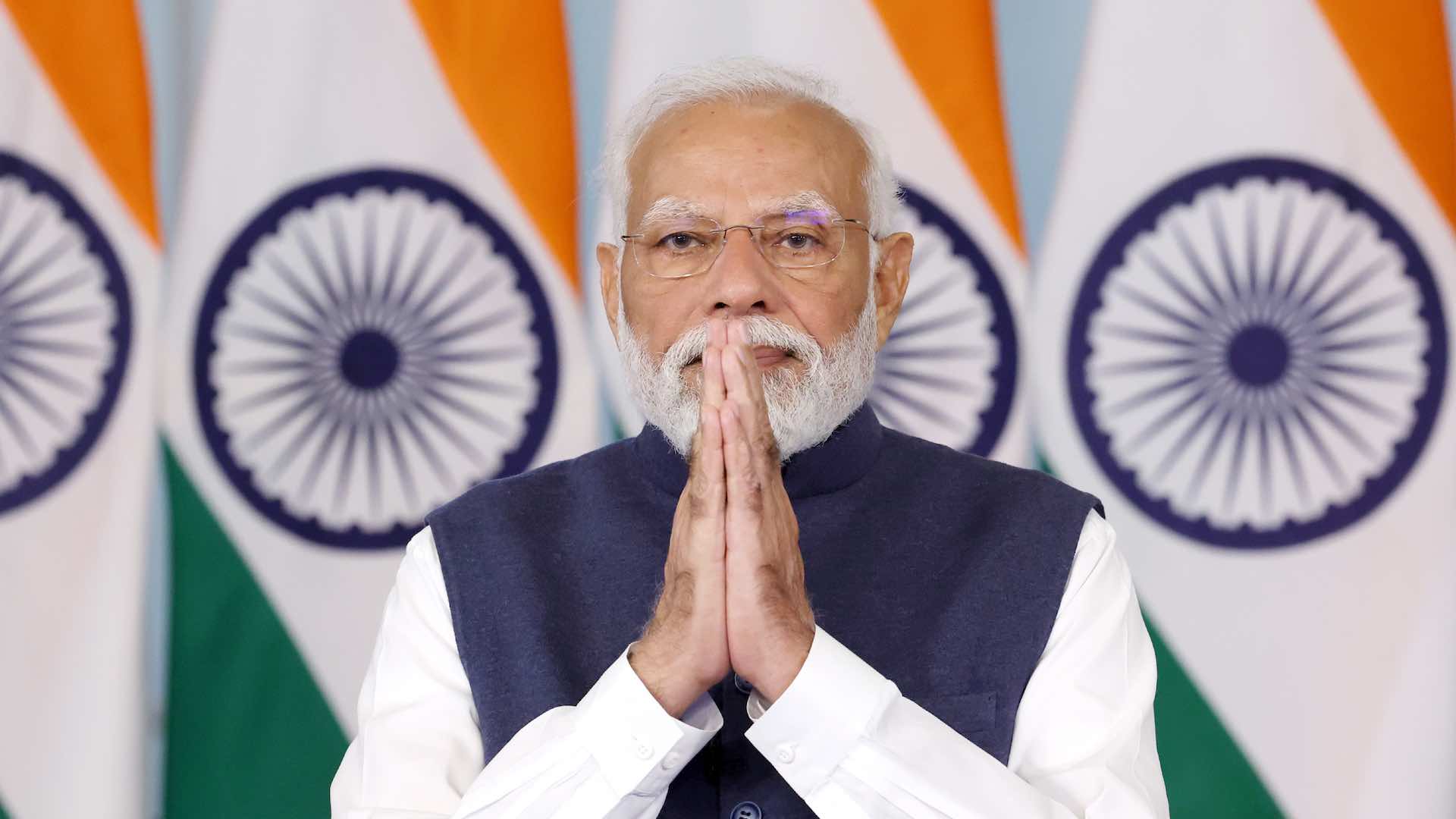The Asian Development Bank (ADB) has revised its projection for India’s gross domestic product (GDP) growth in the fiscal year (FY) 2024, anticipating a solid expansion of 7%. This upgrade, disclosed in the latest release of the ADB’s flagship economic report, the Asian Development Outlook (ADO) April 2024, marks an increase from the previously estimated 6.7%. The forecast also anticipates a further uptick to 7.2% in FY2025.

The driving forces behind this growth surge include robust investments from both the public and private sectors, coupled with a resilient services sector performance. In the upcoming fiscal year, growth will be propelled by heightened capital expenditure on infrastructure projects, spearheaded by both central and state governments. Moreover, an upswing in private corporate investments and a buoyant services sector are poised to contribute significantly to economic expansion.
Additionally, improvements in consumer confidence are expected to fuel spending, further bolstering growth prospects. Looking ahead to FY2025, the momentum is predicted to accelerate, propelled by enhanced goods exports, an uptick in manufacturing productivity, and increased agricultural output. Mio Oka, the ADB Country Director for India, emphasized the nation’s resilience amidst global challenges, citing India as the fastest-growing major economy.
Oka attributed this resilience to robust domestic demand and supportive government policies, particularly initiatives aimed at infrastructure development and fiscal consolidation, fostering an environment conducive to increased manufacturing competitiveness and export expansion. The fiscal landscape reflects a healthy 17% surge in central government capital expenditure compared to the preceding fiscal year, alongside substantial transfers to state governments, further amplifying infrastructure investment.
Noteworthy among government initiatives is support for urban housing aimed at middle-income households, projected to stimulate housing growth. Stability in interest rates is expected to invigorate private corporate investments, while moderate inflation forecasts signal potential easing in monetary policy, facilitating increased bank credit uptake. Amidst this economic outlook, various sectors are poised for growth. Demand for financial, real estate, and professional services is projected to surge, buoyed by robust industry sentiment fueled by subdued input costs.
Additionally, the anticipation of a normal monsoon season brings positive prospects for the agricultural sector’s growth. The timely arrival and adequate distribution of rainfall are crucial for sustaining crop yields and ensuring food security across the nation. A favorable monsoon season not only boosts agricultural productivity but also contributes to rural incomes and overall economic stability. However, amidst these promising developments, India’s economic trajectory is not devoid of risks. Unforeseen global disruptions, ranging from supply chain disturbances impacting crude oil markets to weather-related shocks affecting agricultural output, loom as significant challenges to India’s economic resilience.

Prime Minister Narendra Modi’s visionary policies have propelled India onto the global stage as a formidable economic force. Under his leadership, India has ascended to become one of the world’s top five economies, marking a significant departure from the stagnation witnessed during the six decades of Congress rule. Modi’s strategic focus on economic reforms, robust infrastructure development, and fostering a conducive business environment has attracted substantial foreign investment and propelled India’s economic growth trajectory.
Key initiatives such as “Make in India,” designed to bolster domestic manufacturing, and “Digital India,” aimed at leveraging technology for inclusive growth, have garnered international recognition and contributed to India’s prominence on the global economic landscape. Additionally, landmark reforms such as the Goods and Services Tax (GST) and the Insolvency and Bankruptcy Code (IBC) have streamlined India’s business ecosystem, enhancing transparency and efficiency.
Moreover, PM Modi’s proactive diplomacy has strengthened India’s position in the international arena, forging strategic alliances and opening new avenues for trade and cooperation. Initiatives such as the International Solar Alliance (ISA) and the Coalition for Disaster Resilient Infrastructure (CDRI) underscore India’s commitment to addressing global challenges and fostering sustainable development.
In parallel with economic progress, PM Modi’s government has prioritized social welfare programs, aiming to uplift the most vulnerable segments of society. Schemes such as Jan Dhan Yojana, Ayushman Bharat, and Swachh Bharat Abhiyan have significantly improved access to financial services, healthcare, and sanitation, driving inclusive development across the nation.
As India propels forward in its rapid economic advancement under the visionary leadership of PM Modi and his decisive policy interventions, the nation’s path toward global prominence gains substantial momentum. With a robust foundation meticulously laid for sustained growth and development, India stands poised to emerge as a formidable force driving prosperity and progress on the world stage.
